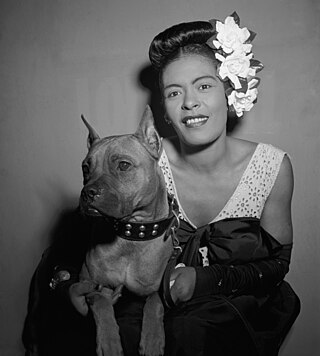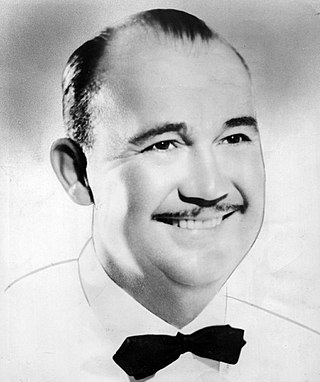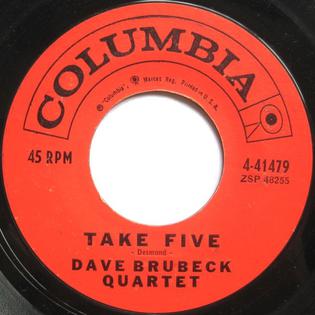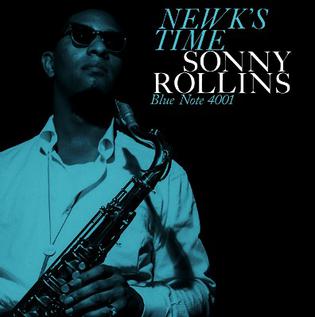Related Research Articles

Ella Jane Fitzgerald was an American singer, songwriter and composer, sometimes referred to as the "First Lady of Song", "Queen of Jazz", and "Lady Ella". She was noted for her purity of tone, impeccable diction, phrasing, timing, intonation, absolute pitch, and a "horn-like" improvisational ability, particularly in her scat singing.

Billie Holiday was an American jazz and swing music singer. Nicknamed "Lady Day" by her friend and music partner, Lester Young, Holiday made a significant contribution to jazz music and pop singing. Her vocal style, strongly influenced by jazz instrumentalists, inspired a new way of manipulating phrasing and tempo. She was known for her vocal delivery and improvisational skills.

Paul Samuel Whiteman was an American bandleader, composer, orchestral director, and violinist.
Swing music is a style of jazz that developed in the United States during the late 1920s and early 1930s. It became nationally popular from the mid-1930s. Swing bands usually featured soloists who would improvise on the melody over the arrangement. The danceable swing style of big bands and bandleaders such as Benny Goodman was the dominant form of American popular music from 1935 to 1946, known as the swing era, when people were dancing the Lindy Hop. The verb "to swing" is also used as a term of praise for playing that has a strong groove or drive. Musicians of the swing era include Duke Ellington, Benny Goodman, Count Basie, Cab Calloway, Benny Carter, Jimmy Dorsey, Tommy Dorsey, Woody Herman, Earl Hines, Bunny Berigan, Harry James, Lionel Hampton, Glenn Miller, Artie Shaw, Jimmie Lunceford, and Django Reinhardt.

Acid jazz is a music genre that combines elements of funk, soul, and hip hop, as well as jazz and disco. Acid jazz originated in clubs in London during the 1980s with the rare groove movement and spread to the United States, Western Europe, Latin America and Japan. Acts included The Brand New Heavies, Incognito, James Taylor Quartet, Us3, and Jamiroquai from the UK, and Guru, Buckshot LeFonque and Digable Planets from the U.S. The rise of electronic club music in the middle to late 1990s led to a decline in interest, and in the twenty-first century, acid jazz became indistinct as a genre. Many acts that might have been defined as acid jazz are seen as jazz-funk, or nu jazz.
"What Is This Thing Called Love?" is a 1929 popular song written by Cole Porter, for the musical Wake Up and Dream. It was first performed by Elsie Carlisle in March 1929. The song has become a popular jazz standard and one of Porter's most often played compositions.

"Take Five" is a jazz standard composed by Paul Desmond. It was first recorded in 1959 and is the third track on Time Out by the Dave Brubeck Quartet. Frequently covered by a variety of artists, the track is the biggest-selling jazz song of all time and a Grammy Hall of Fame inductee.
Black, Brown and Beige is an extended jazz work written by Duke Ellington for his first concert at Carnegie Hall, on January 23, 1943. It tells the history of African Americans and was the composer's attempt to transform attitudes about race, elevate American music, specifically jazz, to be seen as on par with classical European music, and challenge America to live up to its founding principles of freedom and equality for all.
In music, a standard is a musical composition of established popularity, considered part of the "standard repertoire" of one or several genres. Even though the standard repertoire of a given genre consists of a dynamic and partly subjective set of songs, these can be identified by having been performed or recorded by a variety of musical acts, often with different arrangements. In addition, standards are extensively quoted by other works and commonly serve as the basis for musical improvisation. Standards may "cross over" from one genre's repertoire to another's; for example, many jazz standards have entered the pop repertoire, and many blues standards have entered the rock repertoire.
"Moonchild" is the fourth track from British progressive rock band King Crimson's debut album, In the Court of the Crimson King.
"It Don't Mean a Thing (If It Ain't Got That Swing)" is a 1931 composition by Duke Ellington with lyrics by Irving Mills. It is now accepted as a jazz standard, and jazz historian Gunther Schuller characterized it as "now legendary" and "a prophetic piece and a prophetic title". In 2008, Ellington's 1932 recording of the song was inducted into the Grammy Hall of Fame.
"Don't Blame Me" is a popular song with music by Jimmy McHugh and lyrics by Dorothy Fields. The song was part of the 1932 show Clowns in Clover and was published in 1933. Popular versions that year were recorded by: Ethel Waters, Guy Lombardo, and Charles Agnew.

Newk's Time is an album by jazz saxophonist Sonny Rollins recorded on September 22, 1957 and released on Blue Note in 1959—his third album for the label.

"Stoned Soul Picnic" is a 1968 song by Laura Nyro. The best-known version of the song was recorded by the 5th Dimension, and was the first single released from their album of the same title. It was the most successful single from that album, reaching No. 3 on the U.S. Pop chart and No. 2 on the Billboard R&B chart. It became a platinum record.

People Time: The Complete Recordings is a set of seven CDs of music by saxophonist Stan Getz and pianist Kenny Barron which was recorded in March 1991 at Jazzhus Montmartre in Copenhagen, Denmark. It was released in 2009.

The Only One is an album by pianist Kenny Barron which was recorded in 1990 and released on the Reservoir label.
References
- ↑ "The Surrey with the Fringe on Top". pbs.org. November 15, 2013. Retrieved February 25, 2020.
- ↑ "The Surrey with the Fringe on Top (1943)". jazzstandards.com. Retrieved February 25, 2020.
- ↑ Williams, Martin (1993). The Jazz Tradition (2nd ed.). Oxford University Press. p. 203. ISBN 978-0-19-507815-2.
- ↑ Faulkner, Robert R.; Becker, Howard S. (2009). 'Do You Know...?': The Jazz Repertoire in Action. The University of Chicago Press. p. 44. ISBN 978-0-226-23921-7.